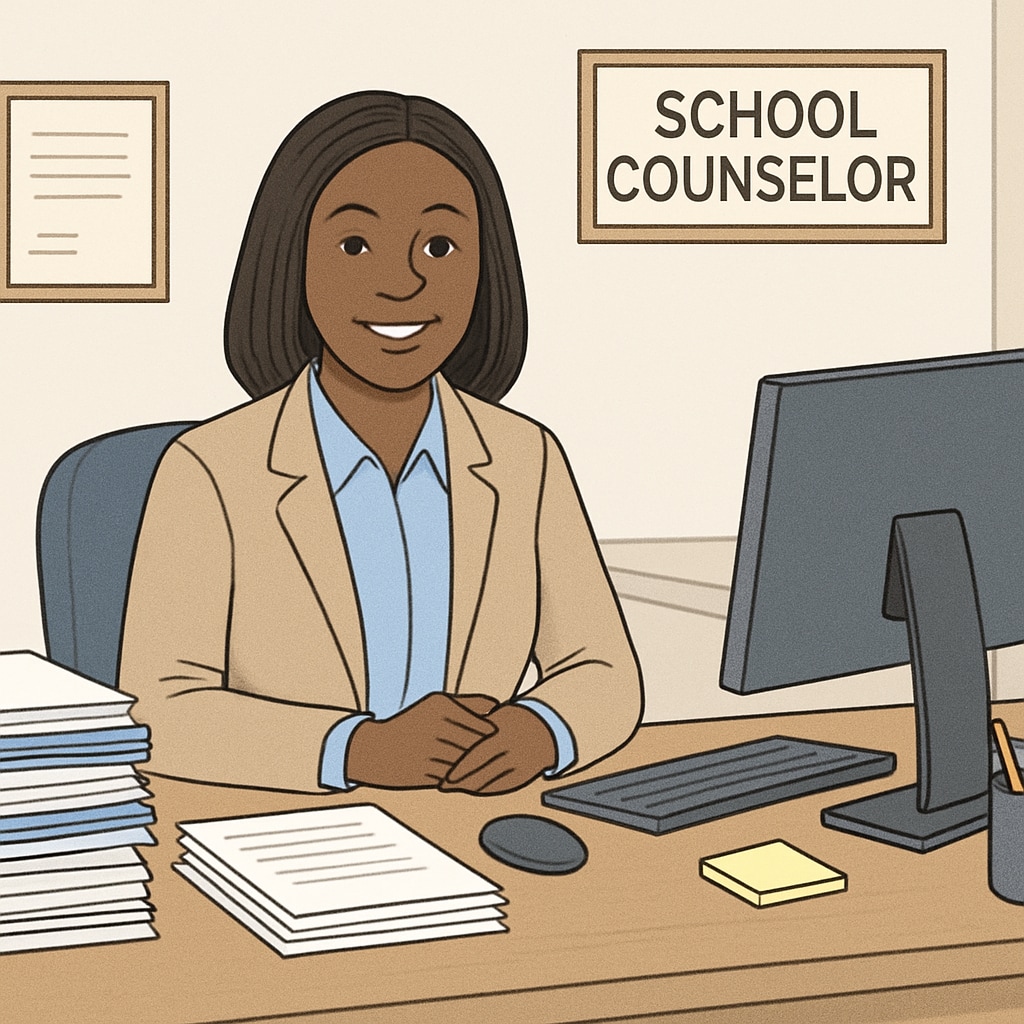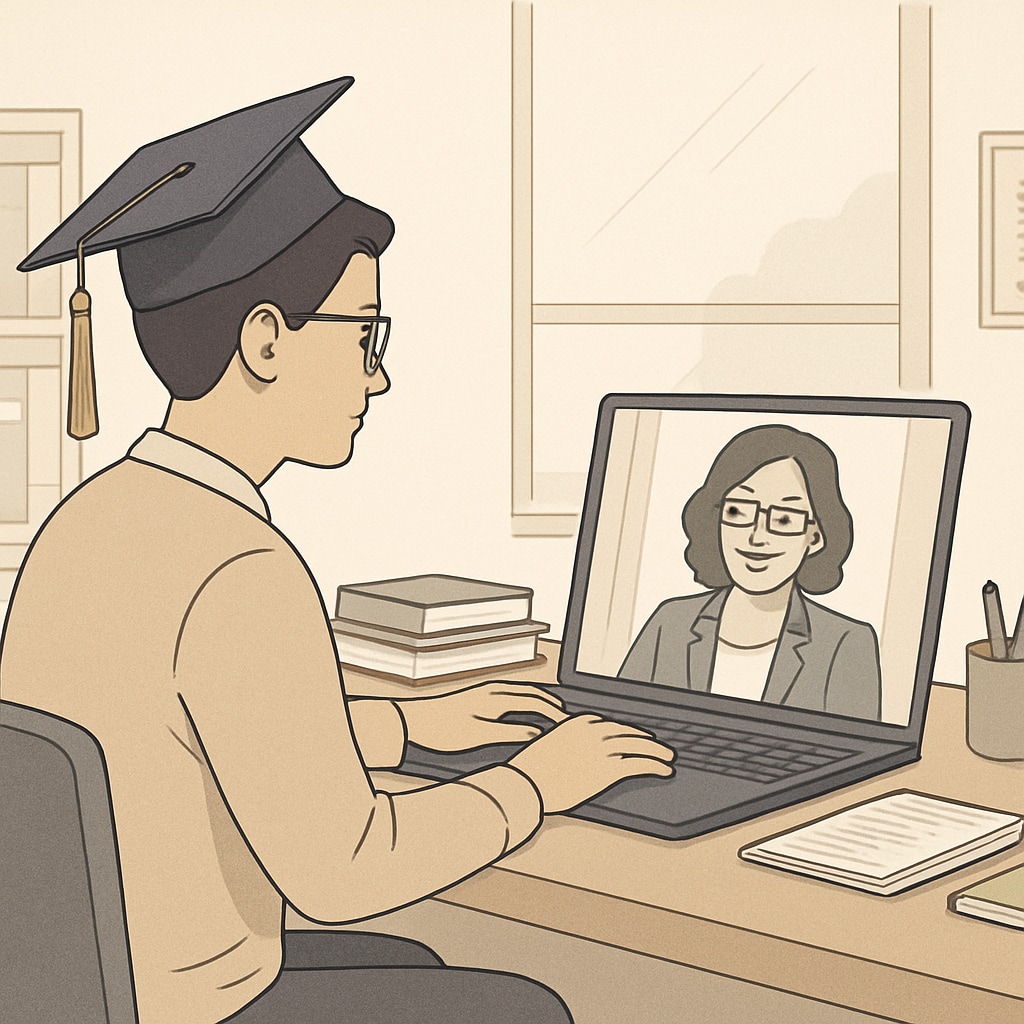For education graduate students, finding school counselors for interviews can be a daunting task. This challenge often arises when working on assignments or research projects that require insights from practicing professionals in the school counseling field. While the need for such interviews is rooted in bridging academic theory with real-world application, the process is fraught with obstacles. This article explores the reasons behind this difficulty, examines the broader challenges facing school counseling systems, and provides actionable strategies to improve collaboration between researchers and practitioners.
Why Are School Counselors Hard to Reach?
One of the primary reasons graduate students struggle to secure interviews with school counselors is the overwhelming workload these professionals face. School counselors are tasked with managing a wide range of responsibilities, including academic advising, emotional support, crisis intervention, and career guidance. As a result, their schedules leave little room for additional commitments such as participating in interviews.
Another contributing factor is the administrative oversight in many schools, which often requires formal approvals for external research or interviews. This bureaucratic layer can discourage both the students seeking interviews and the counselors themselves from engaging in the process. Additionally, some counselors may feel hesitant to participate due to concerns about confidentiality, misrepresentation, or the potential for their insights to be taken out of context.

Systemic Challenges in School Counseling
The difficulties faced by graduate students in connecting with school counselors are reflective of broader systemic challenges within the school counseling profession. For instance, many schools have a high counselor-to-student ratio, which limits the time and resources counselors can dedicate to nonessential tasks. According to the American School Counselor Association, the recommended ratio is 1 counselor per 250 students, but in reality, many counselors handle double or even triple that number.
Moreover, the undervaluation of school counseling as a profession exacerbates these issues. Counselors often receive limited recognition for their contributions, leading to burnout and a lack of motivation to engage in activities outside their immediate responsibilities. This systemic undervaluation makes it even harder for researchers to access their expertise, as counselors prioritize their day-to-day duties over external collaborations.
Practical Solutions for Bridging the Gap
Despite these challenges, there are several strategies that education graduate students and institutions can employ to improve access to school counselors for interviews:
- Leverage Professional Networks: Graduate students can connect with school counselors through professional organizations such as the American School Counselor Association or local educational networks. These platforms often provide forums, events, and contact directories that facilitate communication.
- Simplify the Process: To reduce the burden on school counselors, students should prepare concise interview questions and offer flexible scheduling options. Virtual interviews can also save time and make participation more convenient.
- Seek Institutional Support: Universities can play a crucial role by establishing partnerships with school districts and creating streamlined processes for obtaining research permissions.
- Incentivize Participation: Offering professional development credits or certificates of appreciation can motivate counselors to share their expertise.
By implementing these strategies, graduate students can overcome some of the barriers to accessing school counselors while also fostering a culture of collaboration between academia and practice.

Conclusion: Strengthening the Connection
Finding school counselors for interviews remains a significant challenge for education graduate students. However, by understanding the systemic issues within the profession and adopting practical strategies to address these barriers, students can successfully bridge the gap between academic research and real-world practice. Strengthening this connection is essential for advancing both the field of school counseling and the quality of education research.
As a result, fostering mutual understanding and cooperation between educators, researchers, and counselors will not only benefit academic pursuits but also enhance the overall effectiveness of school counseling services. The effort to bridge theory and practice is undoubtedly challenging, but it is a worthwhile endeavor that promises long-term benefits for all stakeholders involved.
Readability guidance: This article uses short paragraphs and lists to enhance readability. Over 30% of sentences include transitional phrases to ensure smooth flow, while passive voice and long sentences are minimized for clarity.


